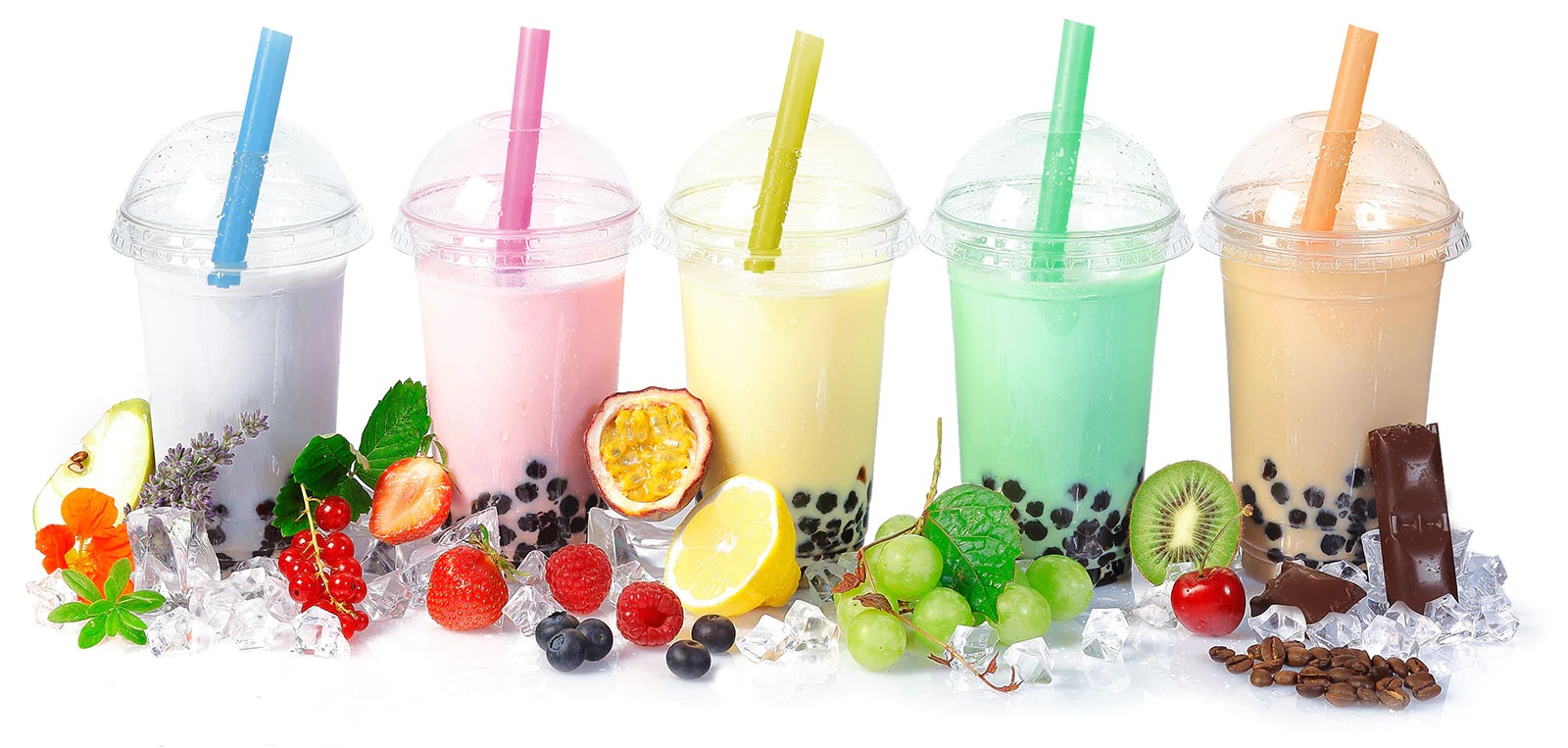Boba, also known as bubble tea or pearl milk tea, has gained immense popularity worldwide as a refreshing and indulgent beverage. Originating in Taiwan in the 1980s, boba tea typically consists of brewed tea mixed with milk or fruit flavors and sweetened with sugar, along with chewy tapioca pearls added for texture. While boba tea is beloved for its unique taste and mouthfeel, it’s essential to understand its nutritional value to make informed choices about consumption. In this comprehensive guide, we’ll delve into the nutritional composition of boba tea, examining its calorie content, macronutrient profile, and potential health implications.
Calorie Content
The calorie content of boba tea can vary significantly depending on factors such as the type of tea used, the amount of milk or sweetener added, and the size of the serving. On average, a standard serving of boba tea (approximately 16 ounces) contains between 200 to 400 calories. However, certain variations, such as those made with full-fat milk and flavored syrups, can contain even more calories, sometimes exceeding 500 calories per serving. As such, indulging in boba tea regularly without considering its calorie content can contribute to excessive calorie intake and potential weight gain over time.
Macronutrient Profile
Carbohydrates
The primary macronutrient in boba tea is carbohydrates, primarily from sugars added to sweeten the beverage. While the exact sugar content can vary depending on factors such as recipe and customization options, a single serving of boba tea can contain anywhere from 30 to 70 grams of carbohydrates. These carbohydrates provide a significant source of energy but can also lead to rapid spikes in blood sugar levels, particularly if the beverage is high in added sugars.
Fat
The fat content of boba tea is typically minimal, especially if low-fat or plant-based milk alternatives are used. However, some variations of boba tea may contain higher amounts of fat if made with full-fat milk, cream, or coconut milk. Additionally, flavored syrups and toppings such as whipped cream may contribute additional fat content to the beverage.
Protein
Boba tea generally contains minimal protein, as it is primarily a beverage made from tea, milk, and sweeteners. While some milk-based boba teas may provide a small amount of protein from the milk or milk alternatives used, it’s not a significant source compared to other macronutrients.
Nutritional Content of Tapioca Pearls
Tapioca pearls, the signature chewy balls added to boba tea, also contribute to the overall nutritional value of the beverage. While tapioca pearls are primarily composed of starch derived from the cassava root, they provide minimal nutritional value in terms of vitamins, minerals, and other essential nutrients. Tapioca pearls are typically cooked in a sugar syrup, adding additional sweetness and calories to the beverage. As such, tapioca pearls are considered a source of empty calories, providing energy without significant nutritional benefits.
Health Implications
While boba tea can be enjoyed as an occasional treat, it’s essential to be mindful of its potential health implications, particularly regarding its high sugar and calorie content. Consuming boba tea regularly, especially in large quantities or in addition to a diet already high in sugar and calories, can contribute to various health issues, including:
Weight Gain:
Due to its high calorie content and added sugars, frequent consumption of boba tea can lead to excess calorie intake and potential weight gain over time. Liquid calories from sugary beverages like boba tea are often less satiating than calories from solid foods, making it easier to consume more calories than needed without feeling full.
Blood Sugar Control
Boba tea is high in carbohydrates and sugars, which can cause rapid spikes in blood sugar levels, particularly in individuals with diabetes or insulin resistance. Consistently high blood sugar levels can increase the risk of insulin resistance, type 2 diabetes, and other metabolic disorders over time.
Dental Health
The high sugar content of boba tea can also have negative implications for dental health, contributing to tooth decay, cavities, and gum disease. Consuming sugary beverages frequently, especially without proper oral hygiene practices, can erode tooth enamel and promote the growth of harmful bacteria in the mouth.
Making Healthier Choices
While boba tea can be enjoyed as an occasional indulgence, there are ways to make it a healthier option:
Choose Unsweetened or Lightly Sweetened Varieties
Opt for boba tea made with unsweetened tea or lightly sweetened with natural sweeteners such as honey or agave syrup. Avoid versions that are heavily sweetened with refined sugars or flavored syrups.
Use Low-Fat or Plant-Based Milk Alternatives
Choose boba tea made with low-fat or plant-based milk alternatives such as almond milk, soy milk, or oat milk to reduce the overall fat content of the beverage.
Limit Toppings and Additives
Minimize the use of high-calorie toppings such as whipped cream, chocolate syrup, or additional sweeteners. Stick to the basics and enjoy the natural flavors of the tea and tapioca pearls.
Control Portion Sizes
Opt for smaller serving sizes of boba tea and consider sharing with a friend or loved one to reduce overall calorie intake. Be mindful of portion sizes, especially when indulging in larger or specialty drinks.
Conclusion
In conclusion, while boba tea can be a delicious and refreshing beverage, it’s essential to be mindful of its nutritional value and potential health implications. Boba tea is high in calories, carbohydrates, and sugars, which can contribute to weight gain, blood sugar spikes, and dental issues if consumed excessively. Making healthier choices such as choosing unsweetened or lightly sweetened varieties, using low-fat or plant-based milk alternatives, limiting toppings and additives, and controlling portion sizes can help mitigate these risks and make boba tea a more balanced part of your diet. By enjoying boba tea in moderation and incorporating it into an overall healthy lifestyle, you can savor its unique flavors while supporting your health and well-being.
- Benefits of Stone Root Supplements - March 23, 2024
- What Is the Nutritional Value of Boba? - March 19, 2024
- CBD Gummies By Glowbar-Glowbar London CBD Gummies Review: A Flavorful Journey to Relaxation - September 25, 2023




